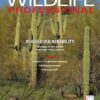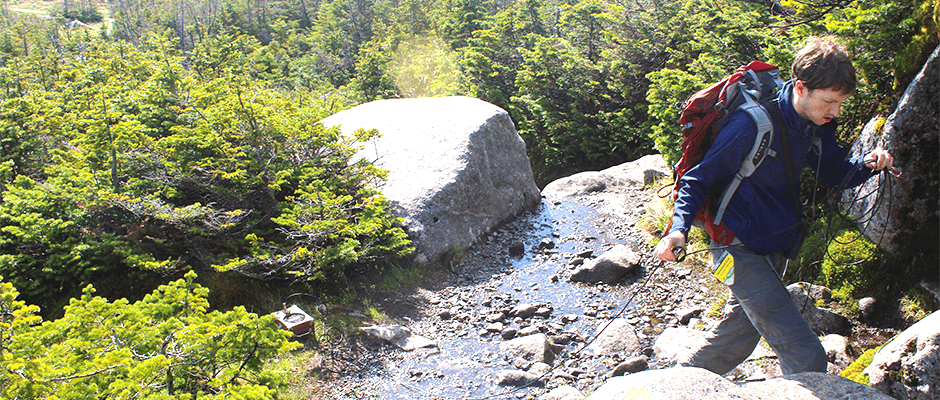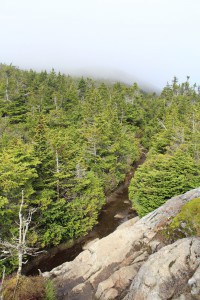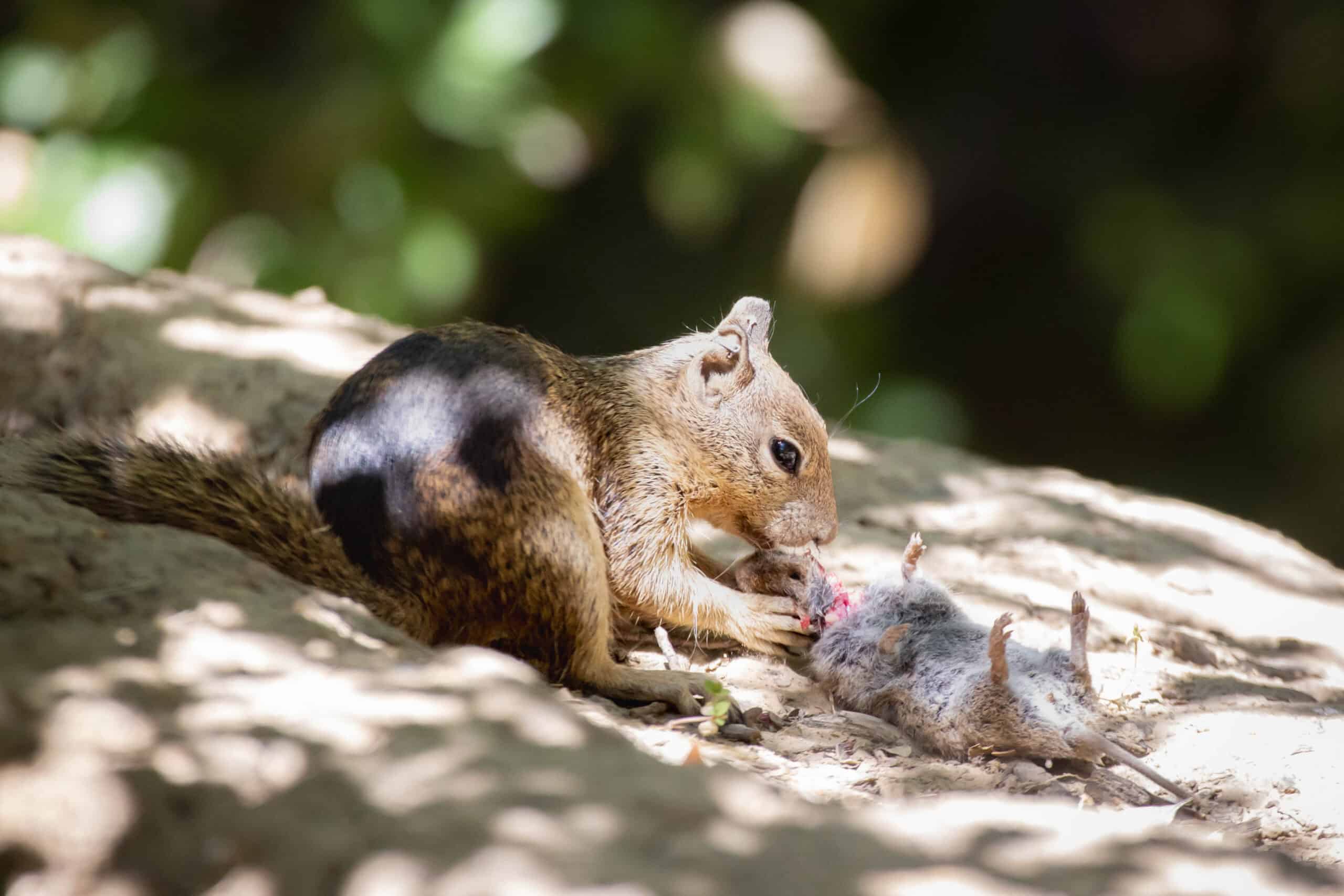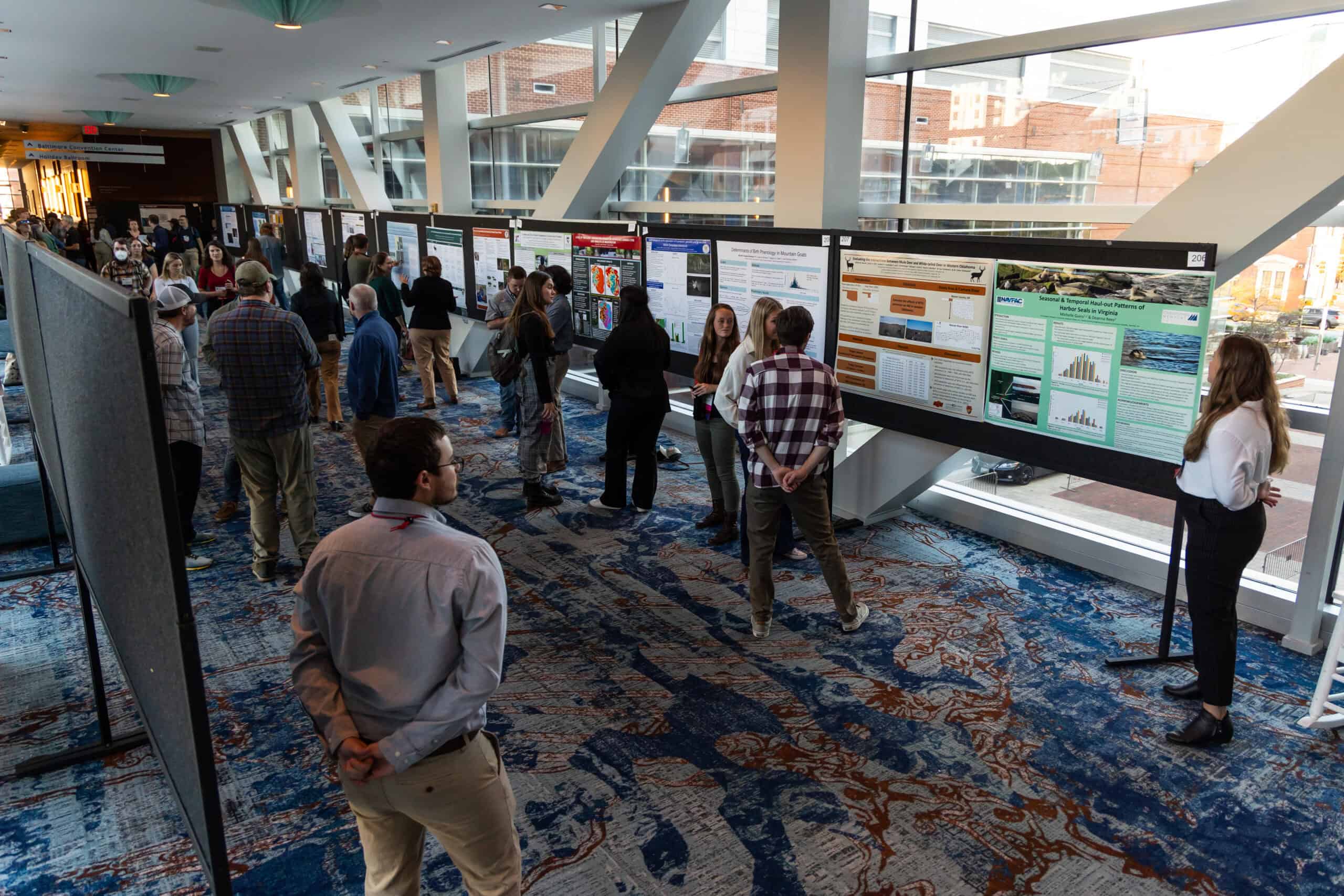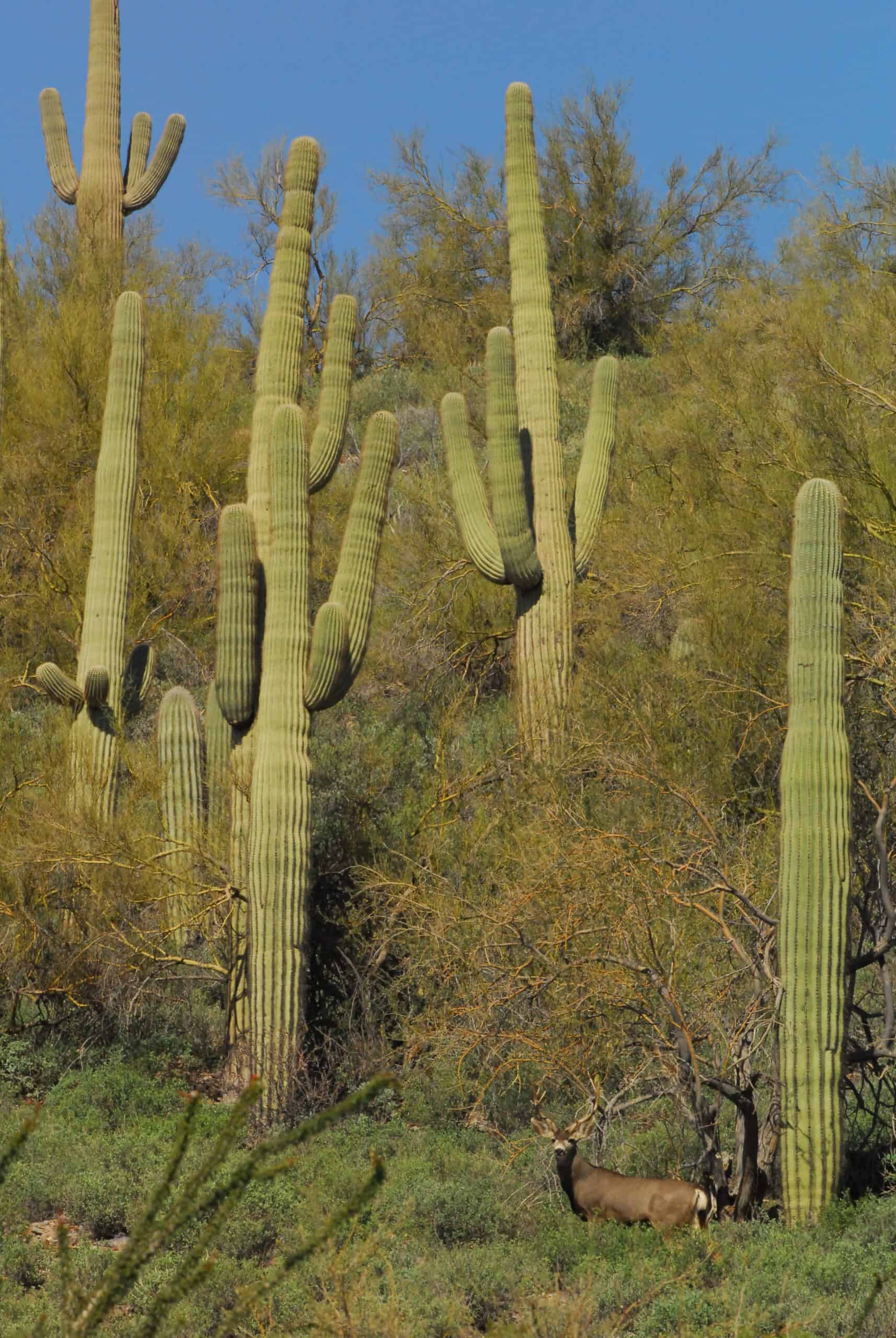Share this article
Competition and Climate Change Threaten Bicknell’s Thrushes
Benjamin Freeman had never seen or heard a Bicknell’s thrush (Catharus bicknelli) before he began studying the songbirds in the Adirondacks.
He woke up at 3:30 a.m. one morning to hike to the top of the mountains in search of the federally threatened species.
After battling hordes of black flies and mosquitos and navigating his way through dense forest filled with sweet smelling balsam fir and spruce trees, Freeman heard the bird’s song. Then he heard it a second and a third time. “I was pleased to find they were quite common within their restricted habitat in the Adirondacks,” said Freeman, a graduate student at Cornell University. Freeman found 16 Bicknell’s thrush territories as well as 36 Swainson’s thrush territories — enough to conduct his research.
Freeman was examining how Bicknell’s thrushes, a songbird that breeds in high elevation forests in New England, are threatened by climate change as well as competition from Swainson’s thrushes (Catharus ustulatus) as part of a study published in The Condor: Ornithological Applications. A warming climate may cause Bicknell’s thrushes to move further upslope to cooler areas, constricting their range, and Freeman’s research shows that Swainson’s thrushes’ aggression toward the species can cause them to move upslope even faster.
It’s likely that Bicknell’s thrushes compete for space with Swainson’s thrushes in the Adirondacks because they’re ecologically similar, Freeman said. “They have similar requirements for food, space and resources,” he said. Freeman and his colleagues couldn’t directly measure this competition so they took a different approach.
They conducted experiments in which they played a sample of one species’ song through a speaker to the same species to see if the birds would become aggressive. Then, they played the other species’ song and took note of aggressiveness. “It’s like knocking on their door and saying ‘I’m going to take all of your things. Is that ok?’” Freeman said. The team also used a chickadee song as a control to see if there were any reactions since the birds don’t compete for any resources with chickadees.
Freeman and his team determined that a proportion of Swainson’s thrushes responded aggressively to the Bicknell’s playback suggesting that they saw them as competition. “They’re not confused,” he said. “They know it’s a Bicknell’s song and they react aggressively because they treat it as a competitor.” On the other hand, Bicknell’s didn’t seem to respond to the Swainson’s song. “This asymmetric behavior shows [Swainson’s] are behaviorally dominant over Bicknell’s thrush. The reverse doesn’t occur,” he said.
Competition from the Swainson’s thrushes may make it more complicated to conserve Bicknell’s thrushes in the future, he said. “They’re not responding to the changes in the climate in isolation. There are also related species and competitors and predators as well.”
Header Image: Freeman sets up a playback experiment in which he plays bird songs to other birds to determine if they demonstrate aggressive behavior. Image Credit: Alexandra Class Freeman

